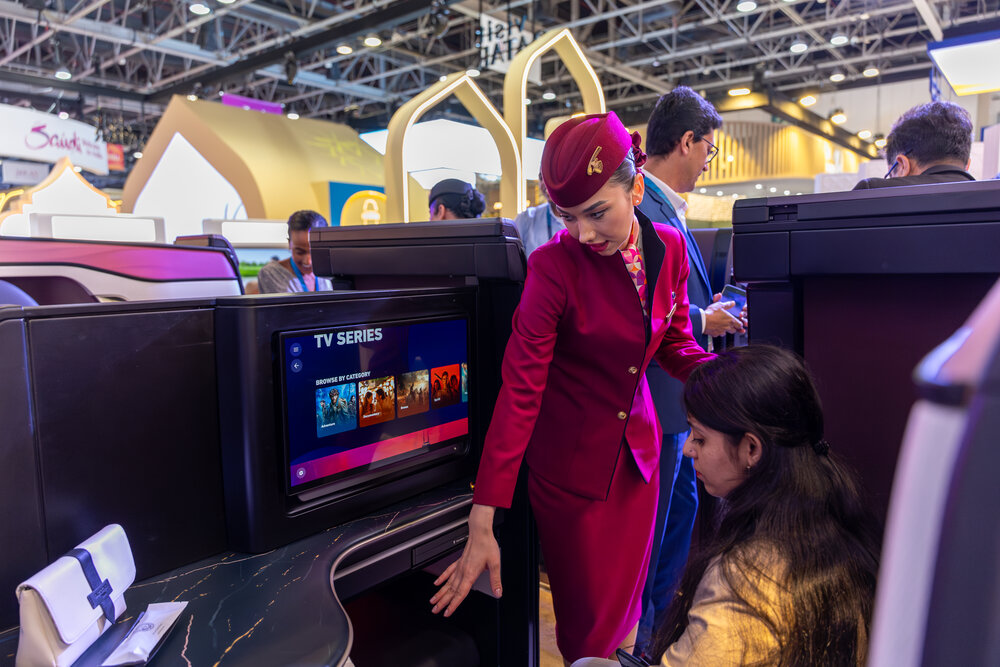.jpeg)
Several Gulf airlines have suspended and canceled flights to India and Pakistan amid escalating military tensions between the two countries. The recent strikes by India in Pakistan-administered Kashmir have led to the closure of Pakistani airspace and airport shutdowns in northern India, prompting airlines such as Emirates, Etihad Airways, Qatar Airways, Flydubai, and Air Arabia to adjust their operations. These disruptions have caused widespread travel chaos for passengers in the region.
Emirates has halted all flights to Pakistan until at least May 10, affecting routes to cities including Sialkot, Lahore, Islamabad, and Peshawar, although flights to Karachi remain operational. Etihad Airways canceled flights to Karachi, Lahore, and Islamabad, with some aircraft rerouted mid-flight to avoid restricted airspace, resulting in delays of up to 15 hours.
Qatar Airways has temporarily suspended all flights to Pakistan due to the ongoing airspace closure. Flydubai resumed limited services to Faisalabad, Lahore, Multan, and Sialkot but canceled other flights to Pakistani destinations through at least Friday. Meanwhile, Air Arabia canceled flights from Sharjah and Abu Dhabi to Pakistan and urged passengers to check flight statuses before traveling.
In India, the conflict has led to the cancellation of over 430 flights and the closure of 27 airports across northern, western, and central regions until May 10. Airports in Srinagar, Jammu, Leh, Amritsar, Dharamshala, and other key locations remain closed. Indian airlines such as IndiGo, SpiceJet, Air India, and Akasa Air have canceled numerous flights and issued advisories urging travelers to verify their flight status due to ongoing disruptions and airspace restrictions.
The escalating conflict has also caused many international carriers, including KLM, Lufthansa, Air France, British Airways, Swiss International Air Lines, and Singapore Airlines, to avoid Pakistani airspace entirely. These airlines have rerouted flights to ensure passenger safety, often resulting in longer flight times and increased operational costs.
Aviation experts warn that if the hostilities continue, the region may become too risky for many non-Indian and non-Pakistani carriers, leading to a significant reduction in flights and further complicating air travel between South Asia and the Middle East.
Passengers traveling to or from the affected areas are strongly advised to stay updated through airline websites and customer service channels. Flight schedules remain highly volatile, with frequent cancellations, reroutings, and delays driven by evolving security concerns and airspace restrictions. Travelers should prepare for potential disruptions and plan accordingly as the situation continues to develop.












.jpg)
















-1064b2-large-1745848819.jpeg)

-4f6fa6-large-1745848821.jpeg)
-1dc918-large-1745931196.jpg)
-43a0e0-large-1745931200.jpg)
-53bb50-large-1745931198.jpg)














.jpeg)
